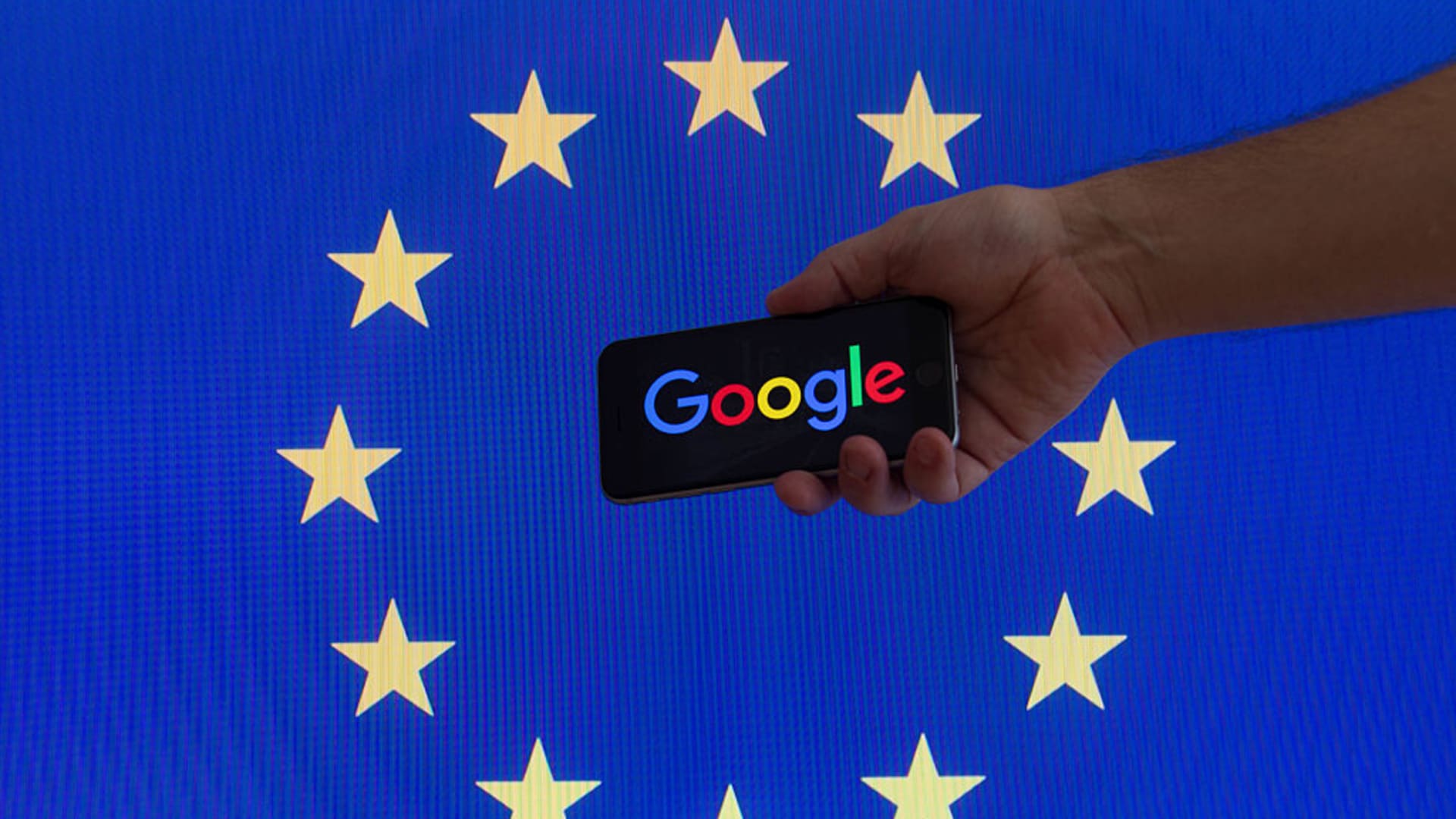EU CHARGES GOOGLE WITH ANTI-COMPETITIVE PRACTICES IN AD TECH BUSINESS
The European Union on Wednesday charged Google with breaching antitrust rules in advertising technology, known as adtech, and may seek the breakup of parts of the tech giant’s business to allay the bloc’s concerns.

The European Commission, the executive arm of the EU, reached a preliminary conclusion that Google is dominant in the European market for publisher ad servers and for programmatic ad-buying tools for the open web. The commission also said Google has abused this dominant position since at least 2014.
Alphabet, Google’s parent company, will now have the chance to read the concerns raised by the commission and defend its position in writing, as well as request an oral hearing to present their comments.
The commission suggested that Google might have to break up the business in order to address the concerns raised and thus comply with competition rules in the bloc.
“The Commission’s preliminary view is therefore that only the mandatory divestment by Google of part of its services would address its competition concerns,” EU competition chief Margrethe Vestager said in a statement.
This would be the first time that the commission would ask to split part of a business.
″[Google] collects users’ data, it sells advertising space, and it acts as an online advertising intermediary. So Google is present at almost all levels of the so-called adtech supply chain,” she said. “Our preliminary concern is that Google may have used its market position to favour its own intermediation services. Not only did this possibly harm Google’s competitors but also publishers’ interests, while also increasing advertisers’ costs. If confirmed, Google’s practices would be illegal under our competition rules,”
Google was not immediately available for comment when contacted by CNBC.
Speaking at a news conference on Wednesday, Vestager said there is an inherit conflict of interest. “Google is in every part of this supply chain.”
“We have the obligation to find the remedy that would be the less intrusive,” Vestager nevertheless added. “We don’t see that this inherent and inbuilt conflict of interest can be solved in other way by not having ownership of the entire value chain.”
Shares of Alphabet were down less than 1% in premarket trading.
Source: CNBC